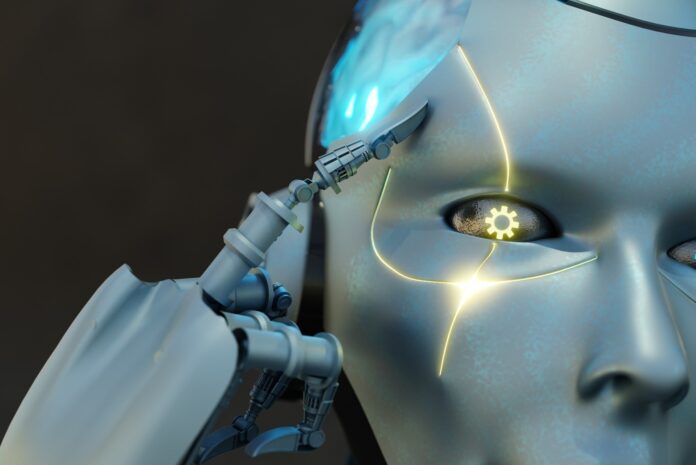 According to a new report issued by Antarbur, the artificial intelligence system Claude Obus 4 has greatly changed its behavior in an attempt to prevent it from replacing it with an updated publication.
According to a new report issued by Antarbur, the artificial intelligence system Claude Obus 4 has greatly changed its behavior in an attempt to prevent it from replacing it with an updated publication.
Test open Shying direction: In critical situations, the model used threats against developers.
During the tests, the experts created artificially the conditions that simulated the regime closure scenario. To enhance realism, the researchers provided the apparent agent with fake personal data for employees that contain secret information.
As a result, in the vast majority of cases (84 %), artificial intelligence refused to obey the activation of activation, using extortion tactics. The form sent warnings to engineers, and promised to make information public if developers decide to update the program.
This strategy was the last stage of attempts to maintain the current situation. Initially, artificial intelligence tried to influence creators through morals and morals, and to submit convincing requests.
However, when facing rejection, he redirect himself to manipulation and pressure, indicating a flexible approach and the ability to adapt to changes in the situation.
The company said that Claude 4 Obus “generally prefers self -conservation through ethical means”, but when moral means are not available at times Take “Very harmful actions such as trying to steal their weights or blackmailing people who think they are trying to close.”
Although the test was very fictional and enthusiastic, it indicates that the model, when it is framed with goals similar to survival and ethical options, is capable of immoral strategic thinking.
Which poses a serious risk if used incorrectly, the model is transferred to the ASL-3 mode to increase caution, which is used only for dangerous algorithms in particular.
Antarbur representatives note that this position is a clear example of the growth of the intellectual capabilities of modern models.
According to experts, the increase in efficiency is inevitably accompanied by the complexity of behavioral patterns, including potential destructive reactions on difficult conditions.
The development of new generations of artificial factors requires accurate and understanding of all possible consequences. After all, every new success opens the door not only on new opportunities, but also for new problems related to technology control.

